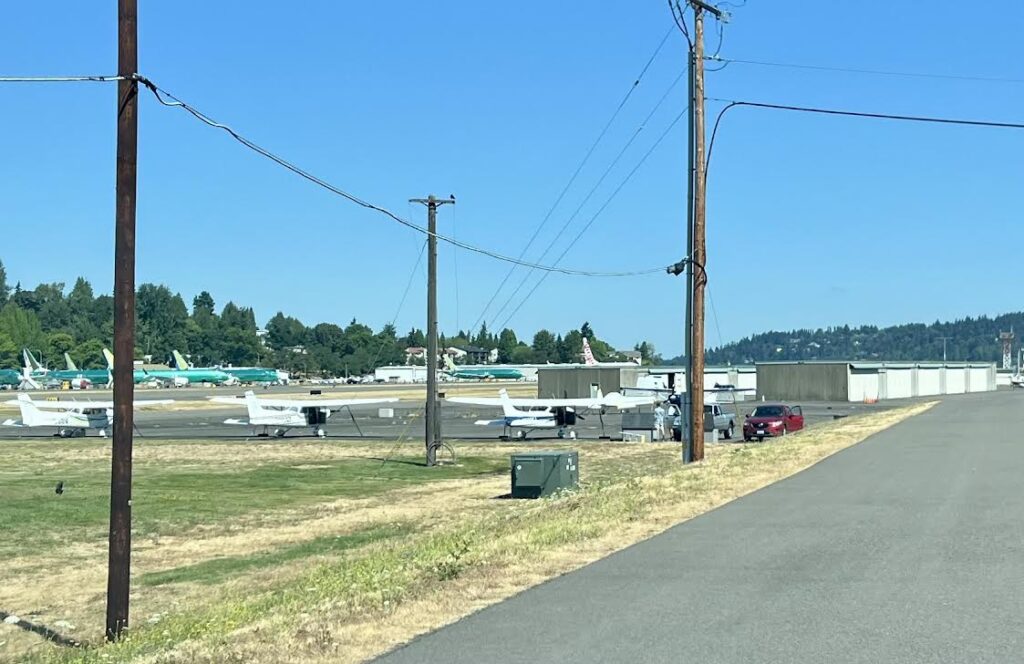
Renton is increasing the price of small airplane tie-down spaces (front) by 74% this year. Rent for the T-hangars (back) is increasing by 42%. New rates are effective June 1st.

A statue of Clayton Scott, one of the Northwest’s great aviators who used to fly out of Renton, greets visitors to Renton’s Clayton Scott Field. Clayton Scott was inspired to fly in his youth after seeing the first barnstormers, and Renton’s Clayton Scott Field honors his love of aviation and spirit of discovery. Young people today are finding it increasingly expensive and difficult to follow in his footsteps.
In previous posts I’ve expressed concern that Renton Airport is pushing out propeller aircraft and ushering in more private jets in their place. In so doing, Renton Airport Management is making the airport less accessible for Renton residents, and losing sight of our community’s aviation goals as codified in our Renton Airport Sustainability Management Plan. It may not be long before Renton airport becomes an asset for Seattle and Eastside tech billionaires, while residents of Renton won’t be able to afford to use it. And every time Renton replaces a group of prop airplanes with another business jet we inch closer to having to extend the airport into the $500 million high school that is currently in planning.
This year’s rent increases of 74% for small airplane tie-down spaces and 42% for small T-hangars increases this concern. Renton’s tie-down rates will leapfrog those at Boeing Field; the new tie down rates for small airplanes will be a 33% more expensive at Renton Airport than at Boeing Field, even though Boeing Field offers two runways, a longer runway, and more services.
Airport Management has stated that these rent increases are needed to sustain the airport, but that is arguably because they have been driving out popular small airplane businesses like “the Landing Gear Works” and “Rainier Flight Services,” that were renting numerous facilities that are now vacant.
Some might say that anyone who is rich enough to afford an airplane can afford these rates, but that is not a clear picture of who is being impacted. Some of these airplanes are owned by Renton working people (or frequently several of them banding together) who maintain an airplane in order to advance their flight careers, commute to someplace remote, or fulfill important life goals; the large rent increase will impact them. As small airplane owners give up on Renton’s rates, private jet operators will rapidly move in to take over their real estate, and these jets will not be owned by Renton residents.
If we stay on this course, Renton will soon have the costs and negative impacts of running an airport, without the opportunity for Renton’s residents to use it ourselves.
Renton City Council has ultimate responsibility for airport leases, and anyone who wants to express concern about these increases should contact the council. Please see my post here regarding how to reach them.

Starting June 1st, small airplane tie-downs will cost $185.60 per month, and T-hangers will cost $580 per month (excerpt from Renton’s 2025-2026 Fee Schedule)

In 2023-2024, small airplane tie-downs were $106.43 per month, and T-hangers were $409.43 per month (excerpt from Renton’s 2023-2024 Fee Schedule)

Boeing Field tie-down rates of $124 per month are only 67% of what Renton will soon be charging
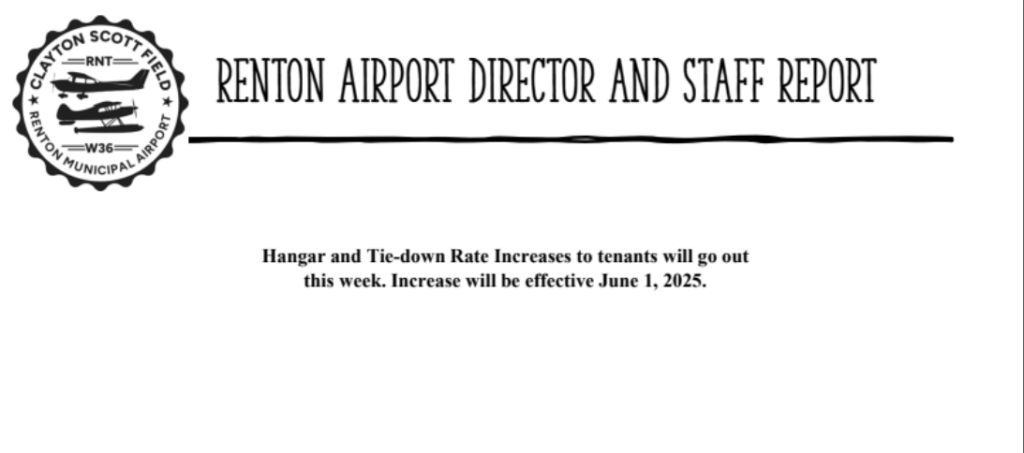
Chart from Airport Director’s Report at May 13 RAAC meeting


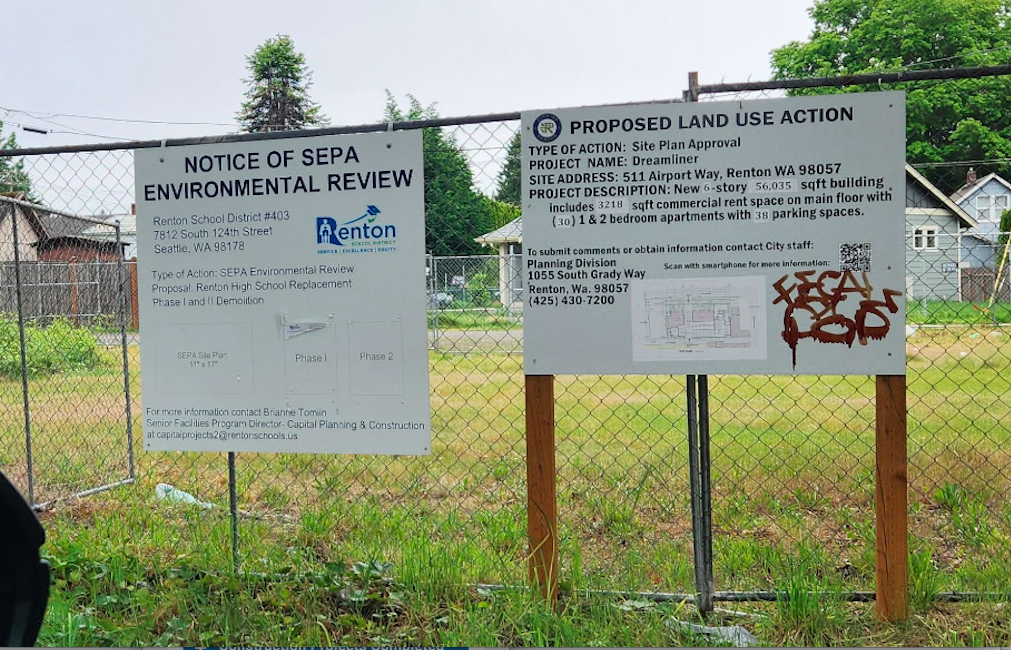
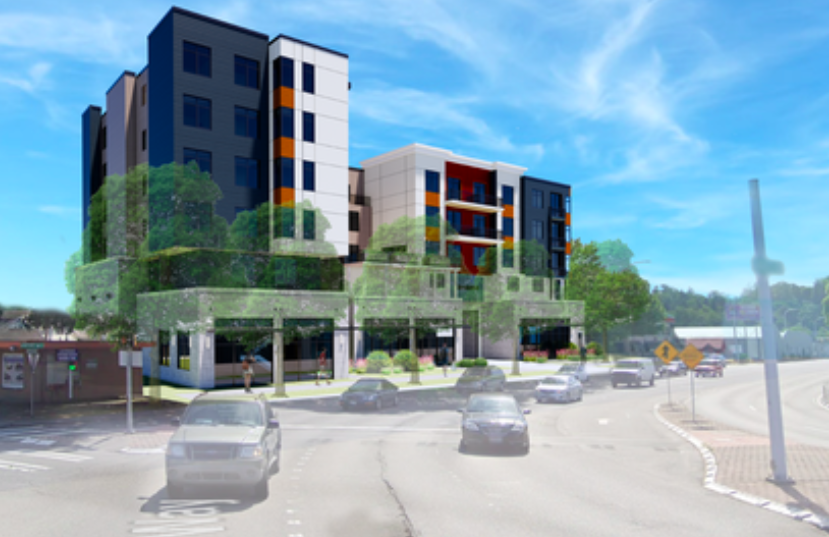
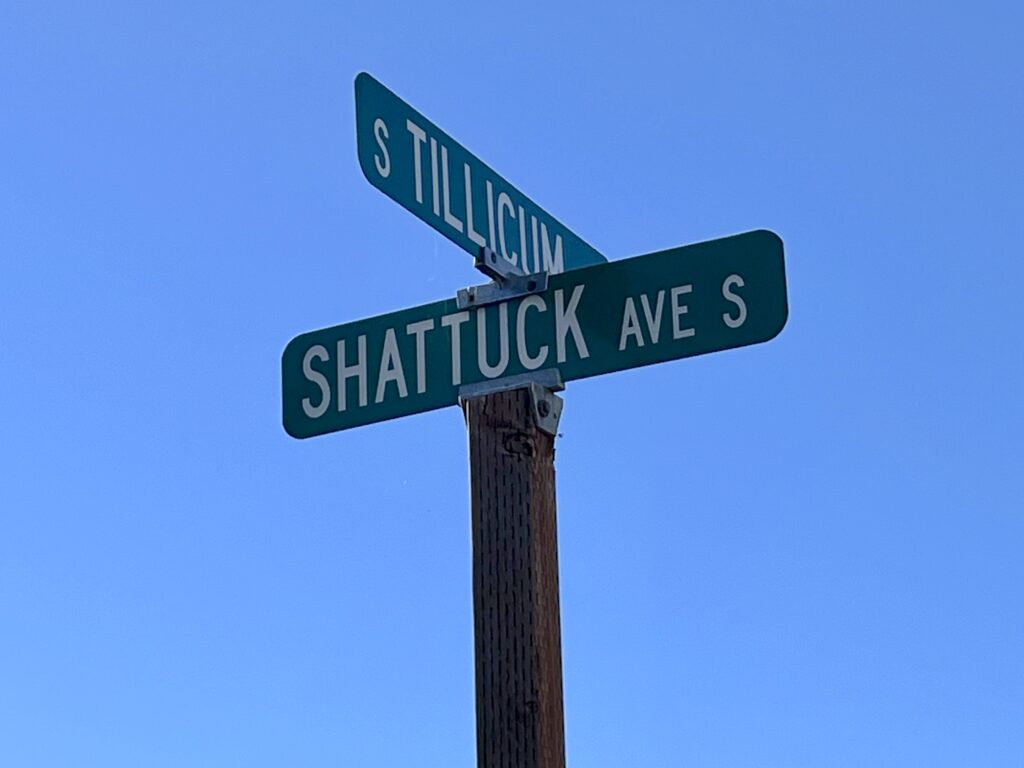
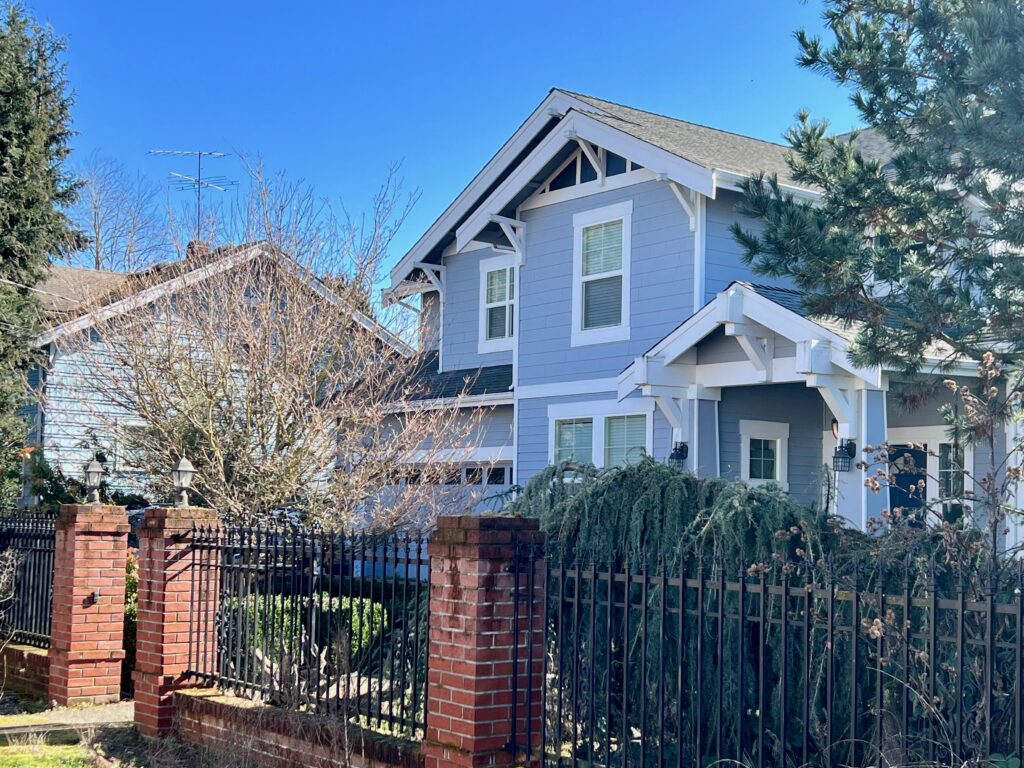
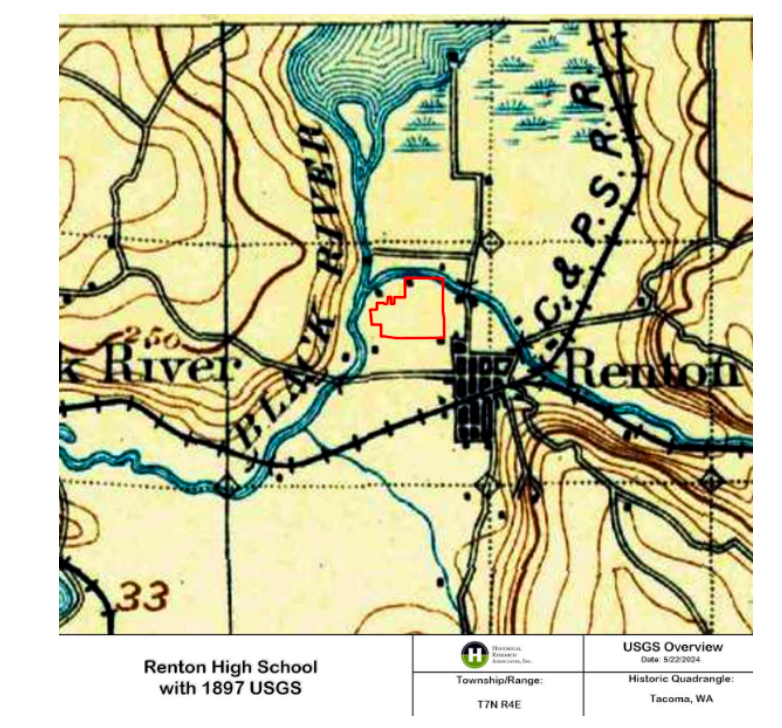
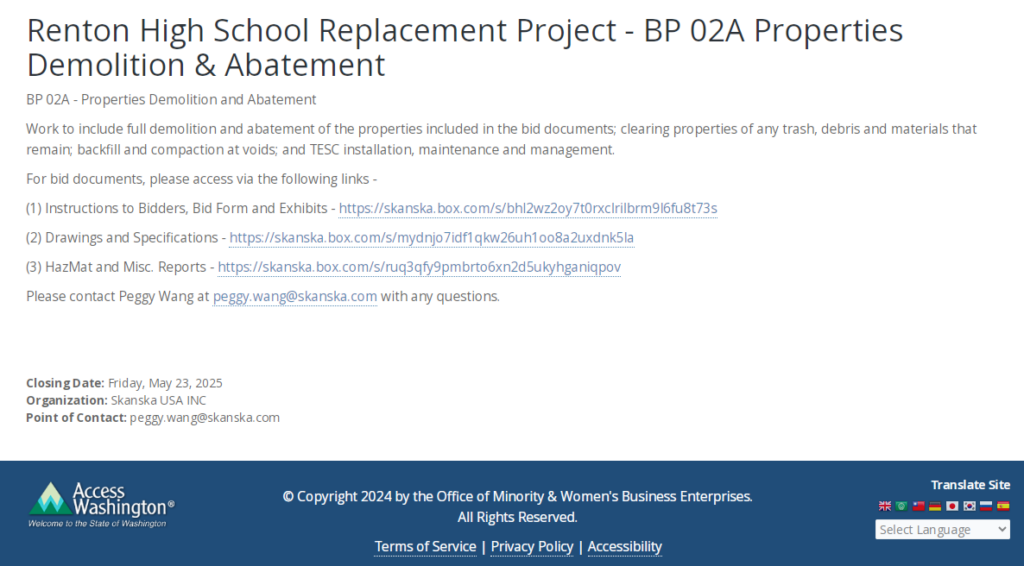
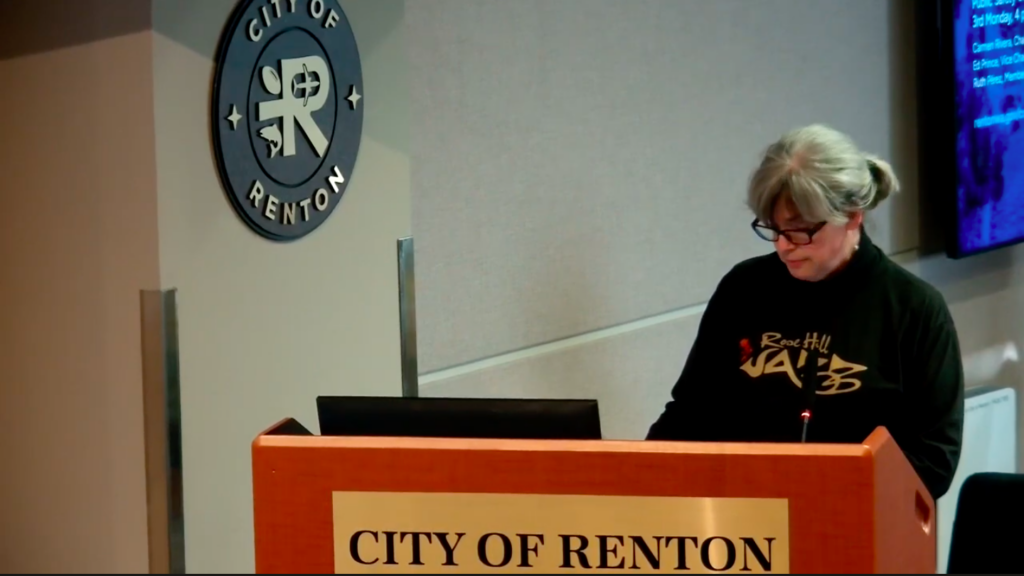

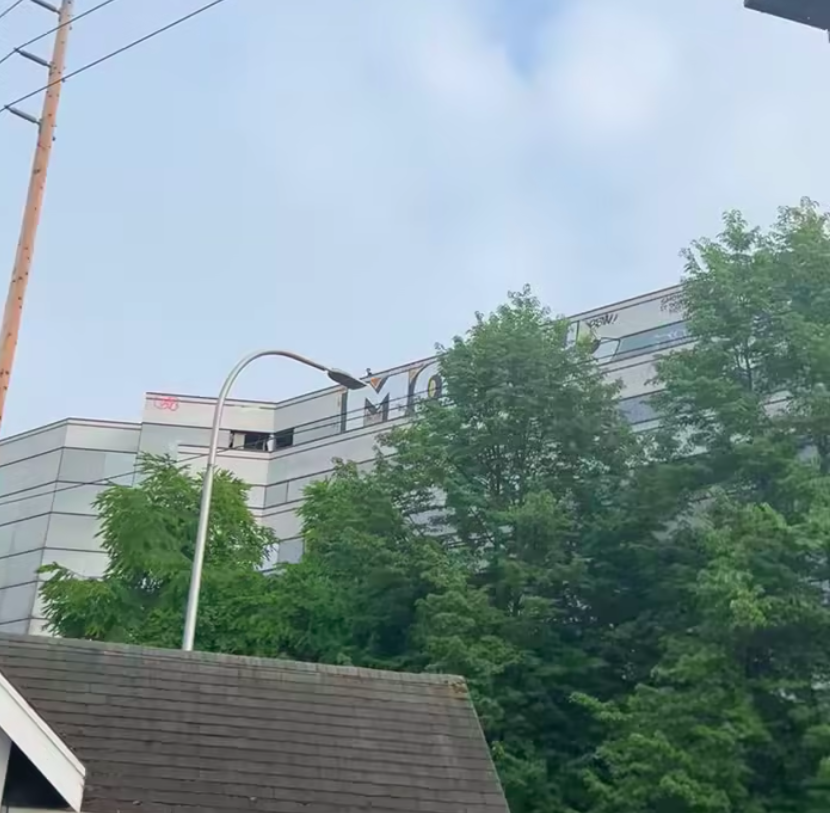


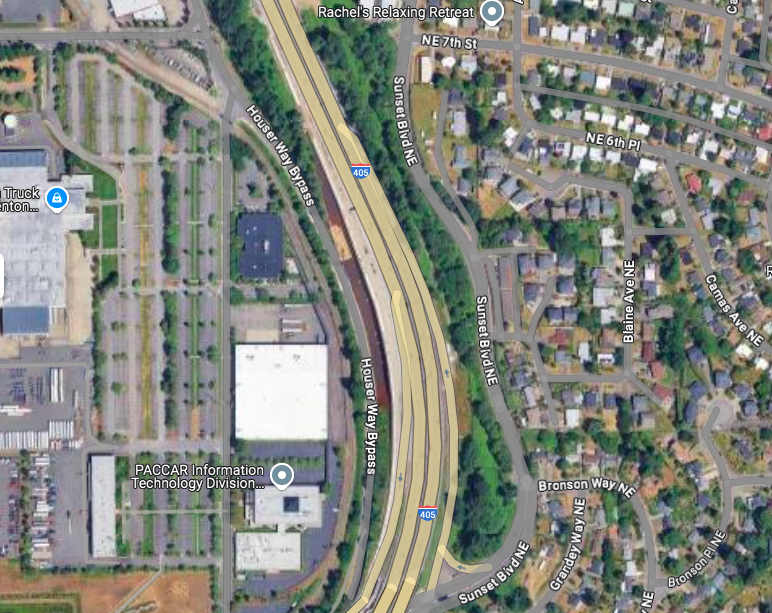





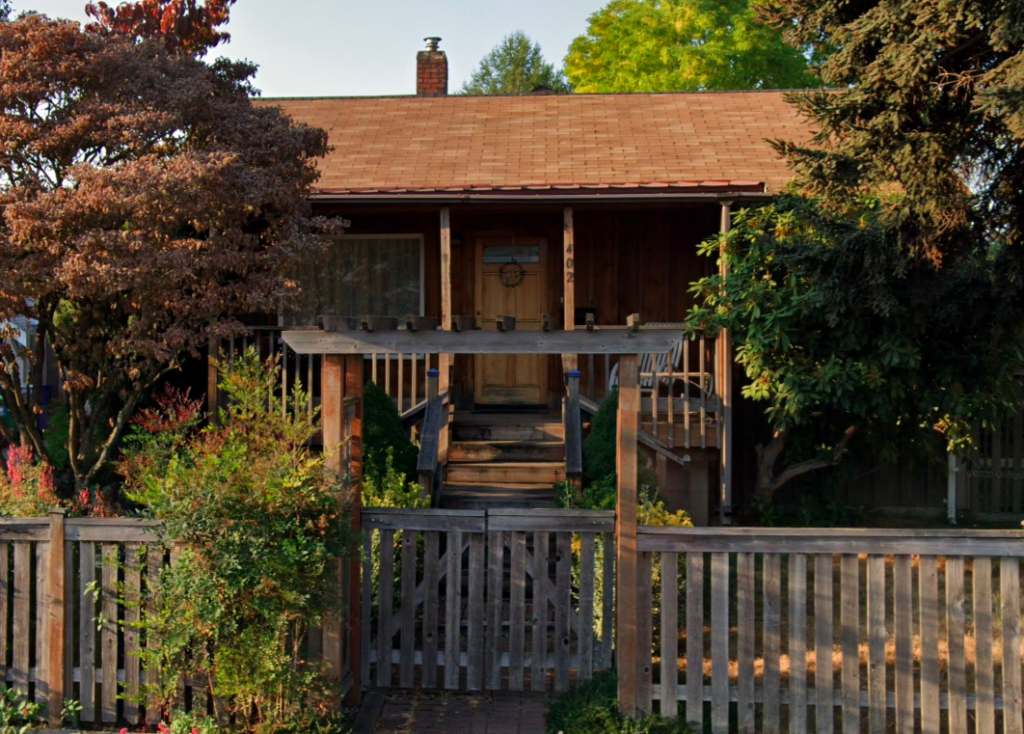



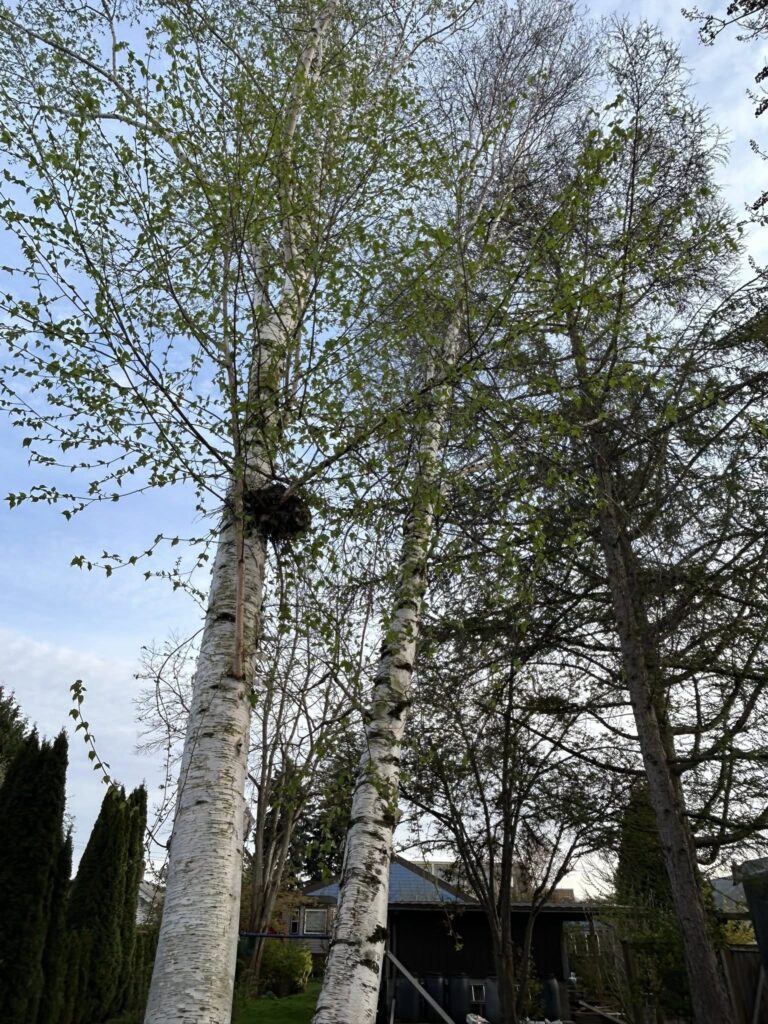
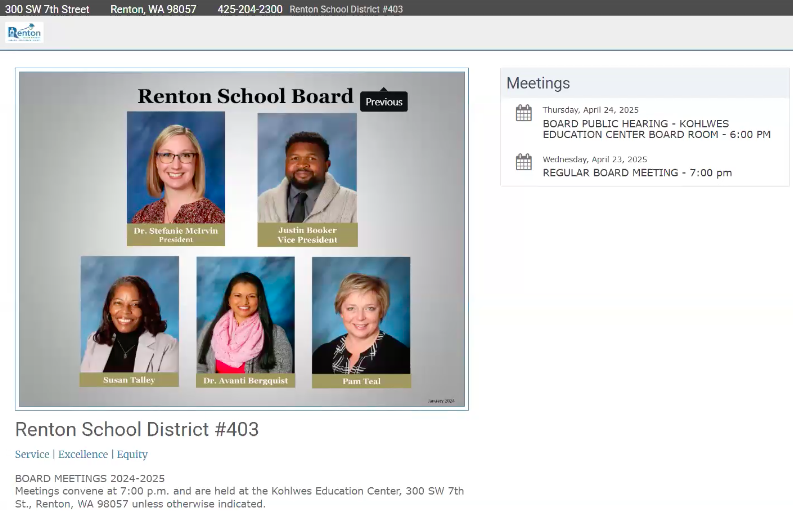
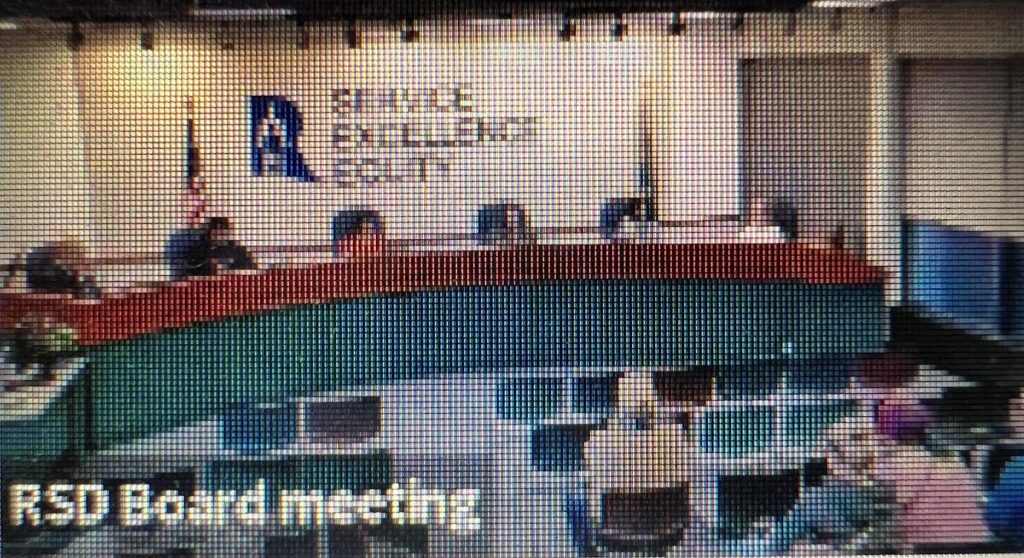
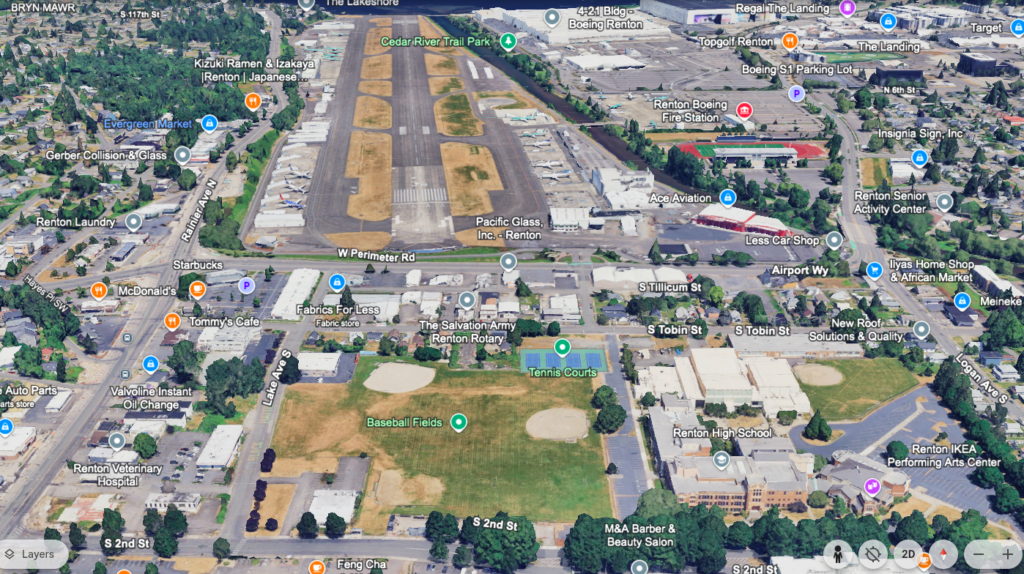
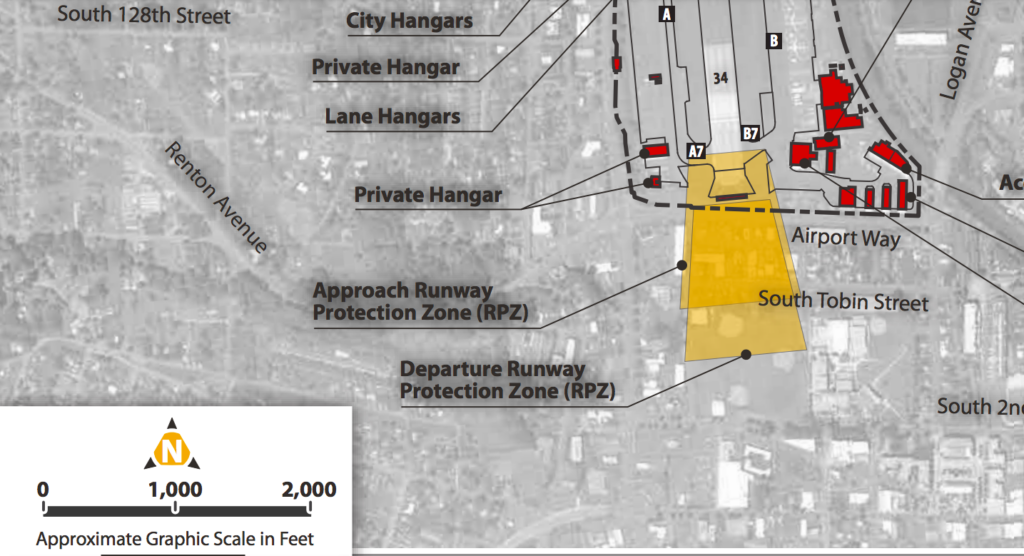
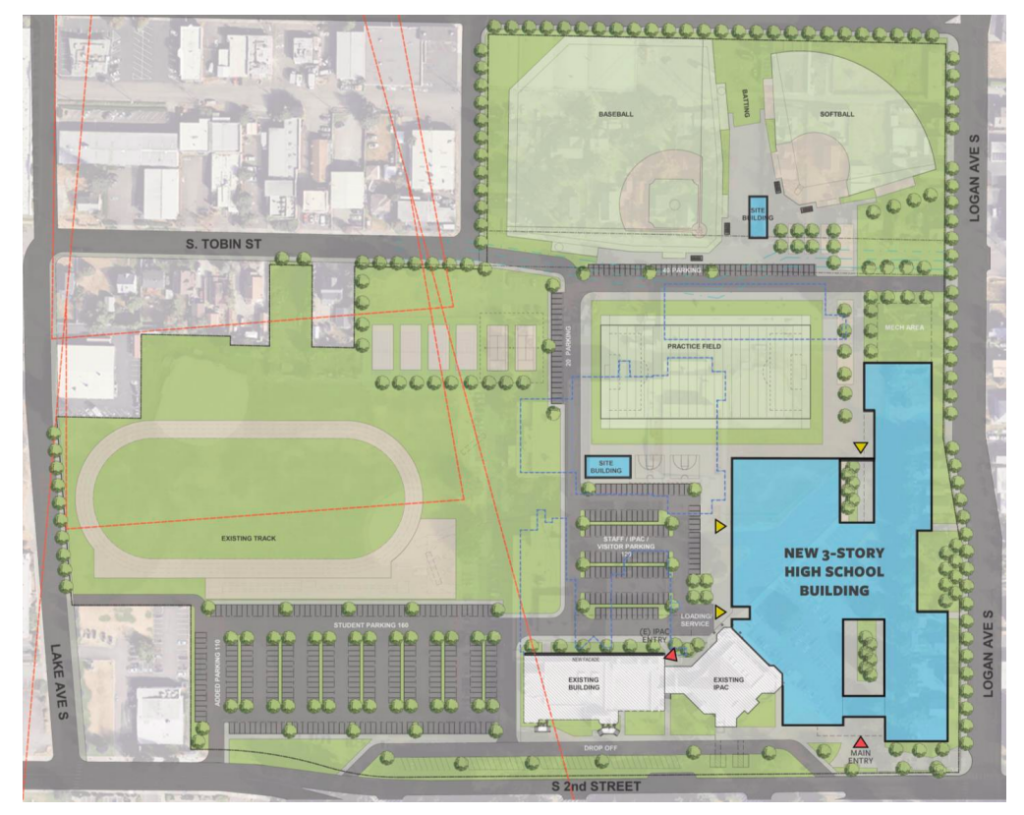
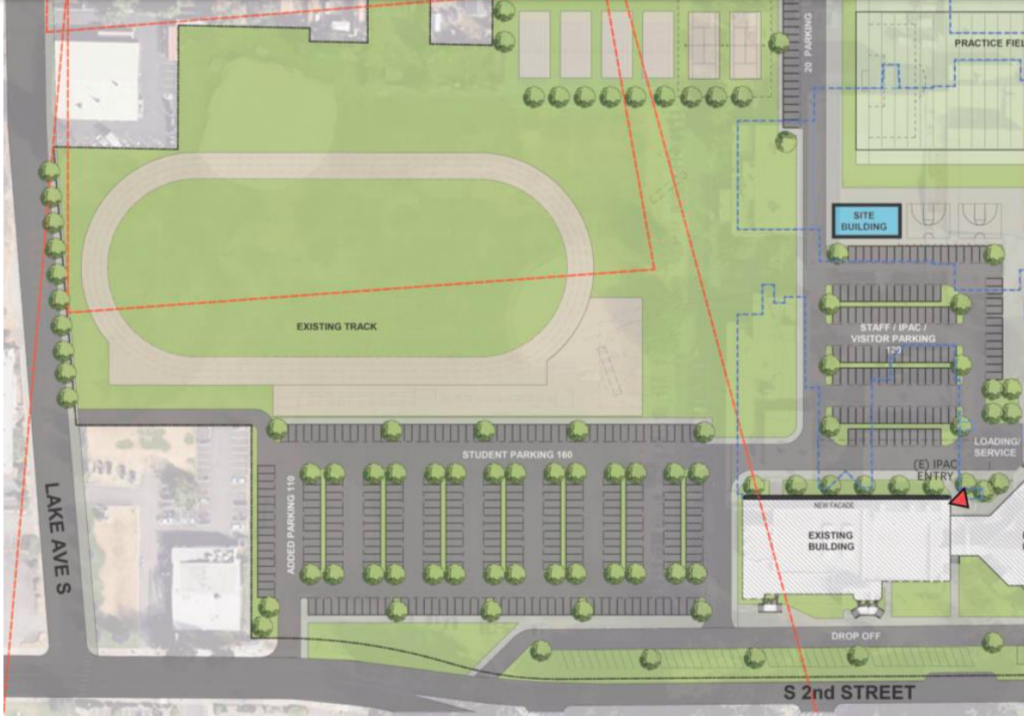
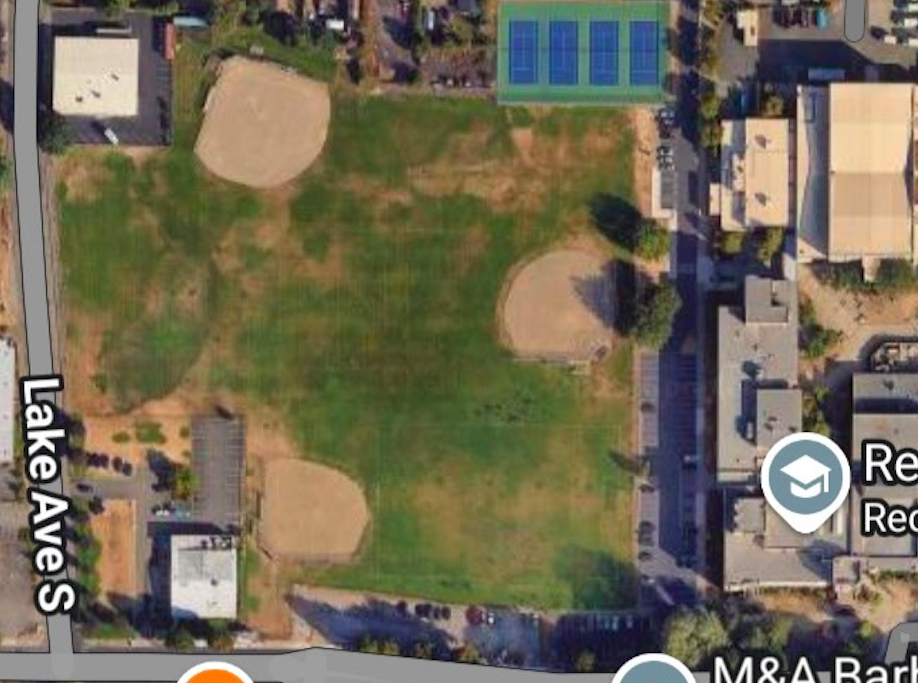
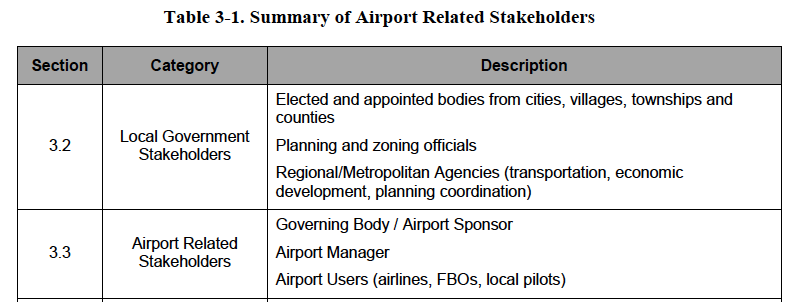



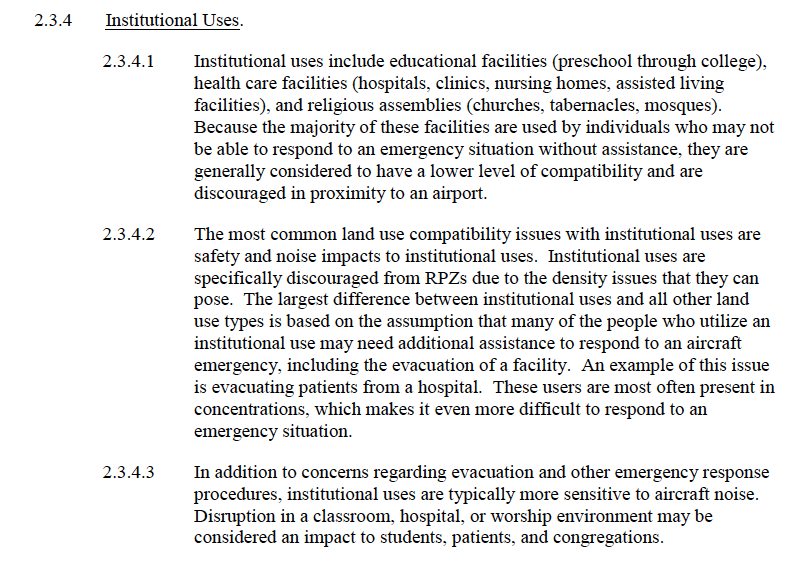
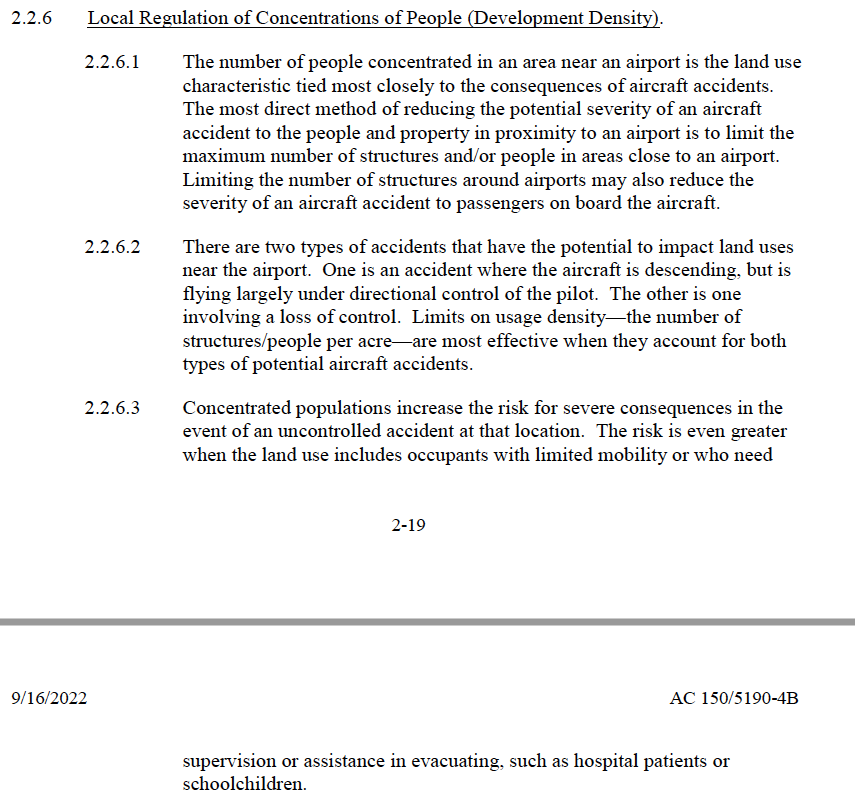
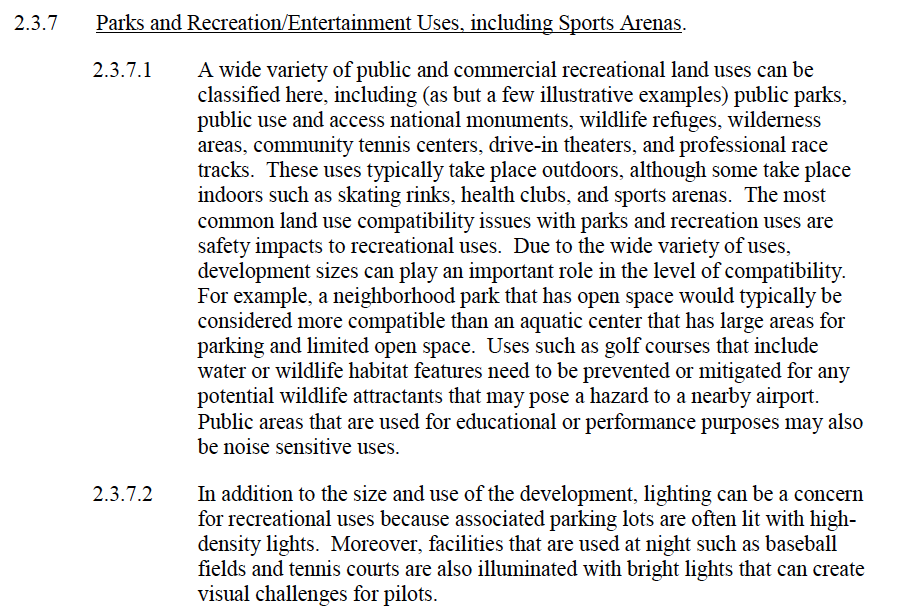
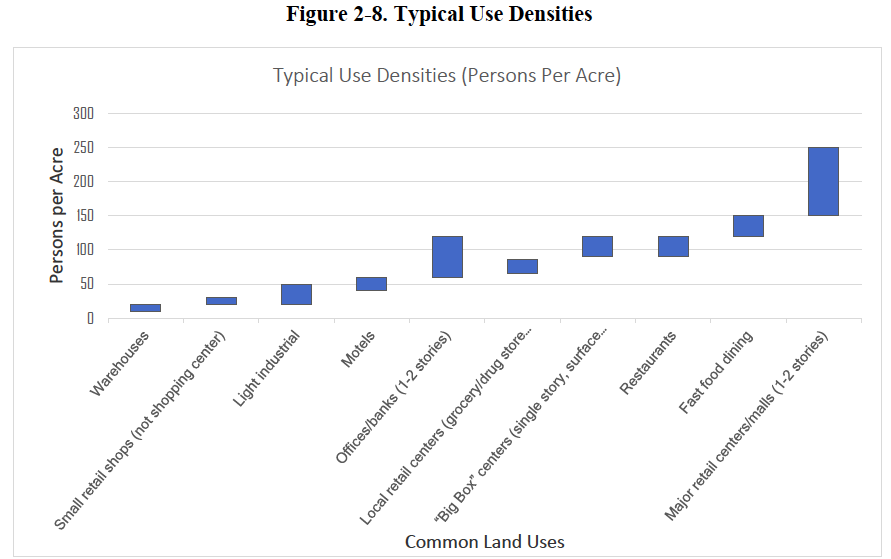
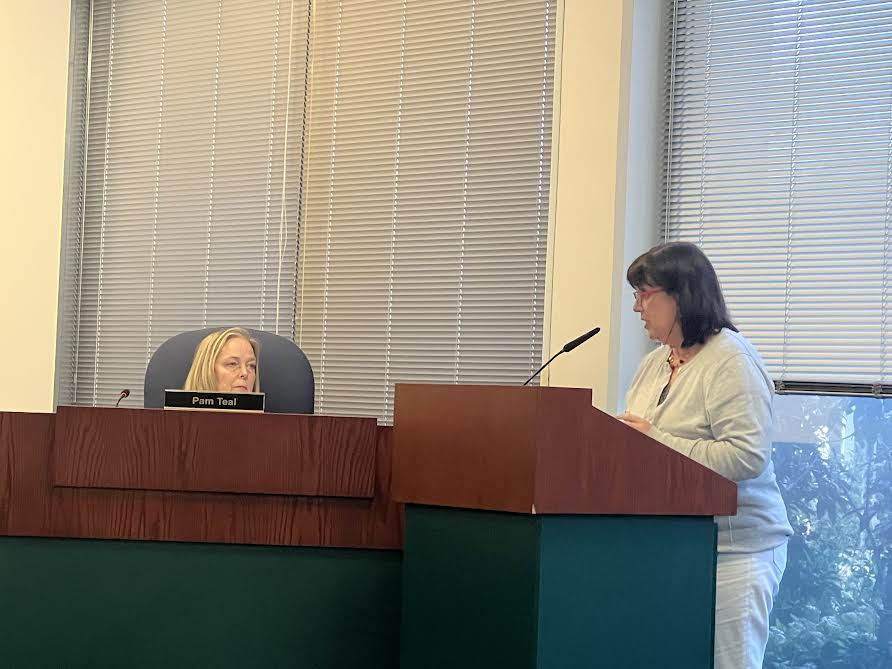
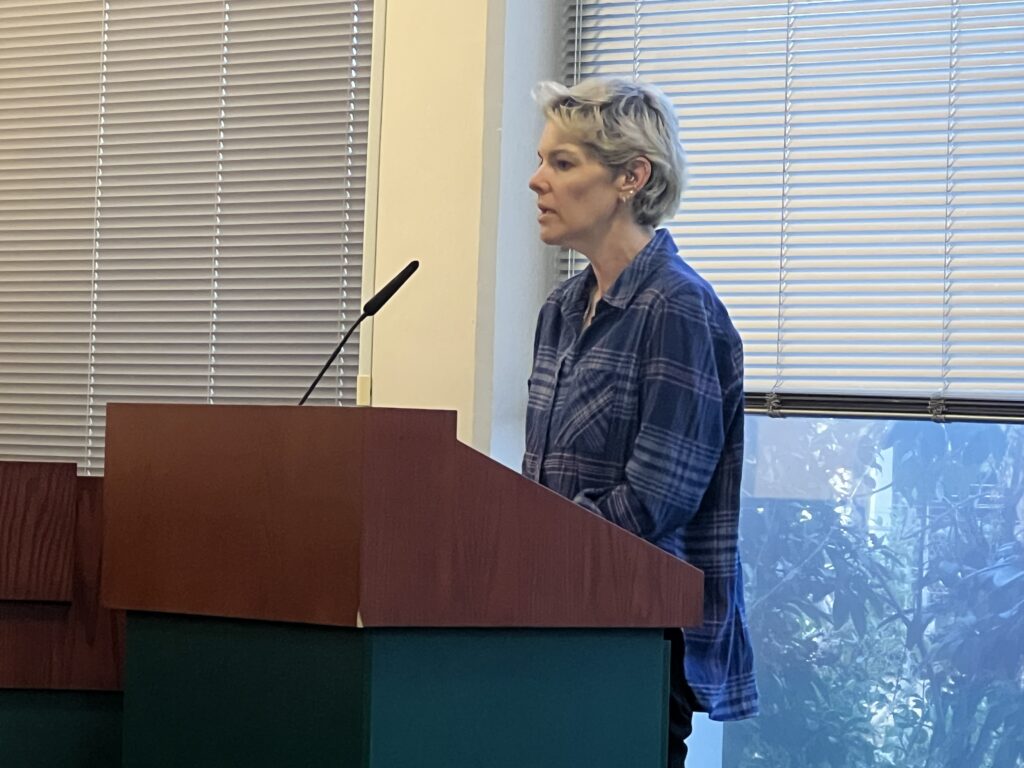
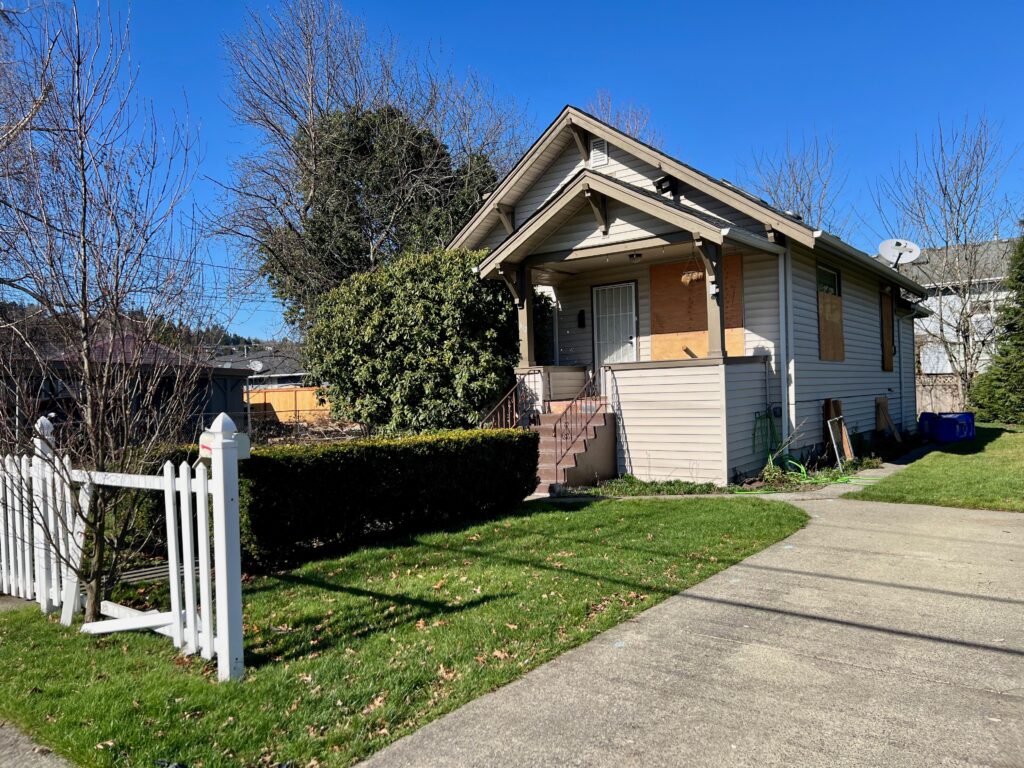
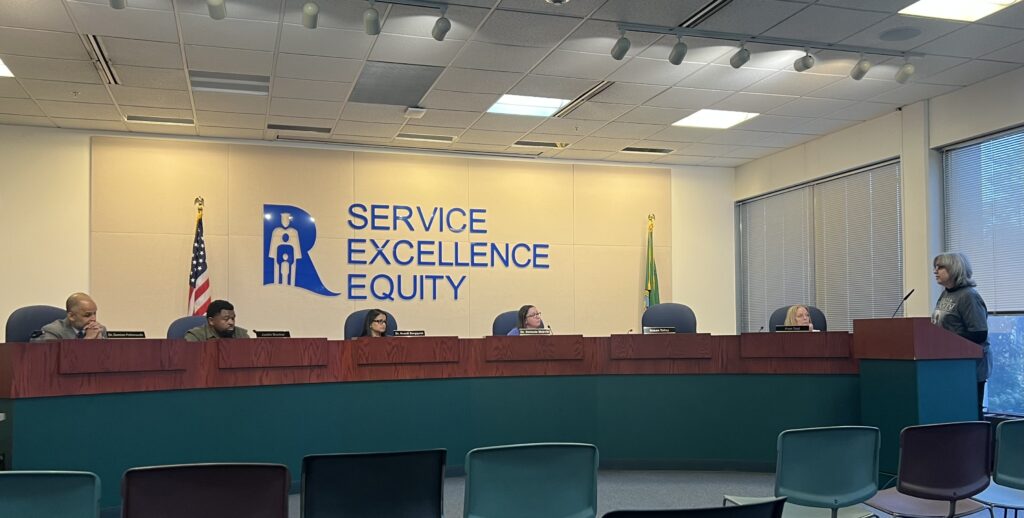
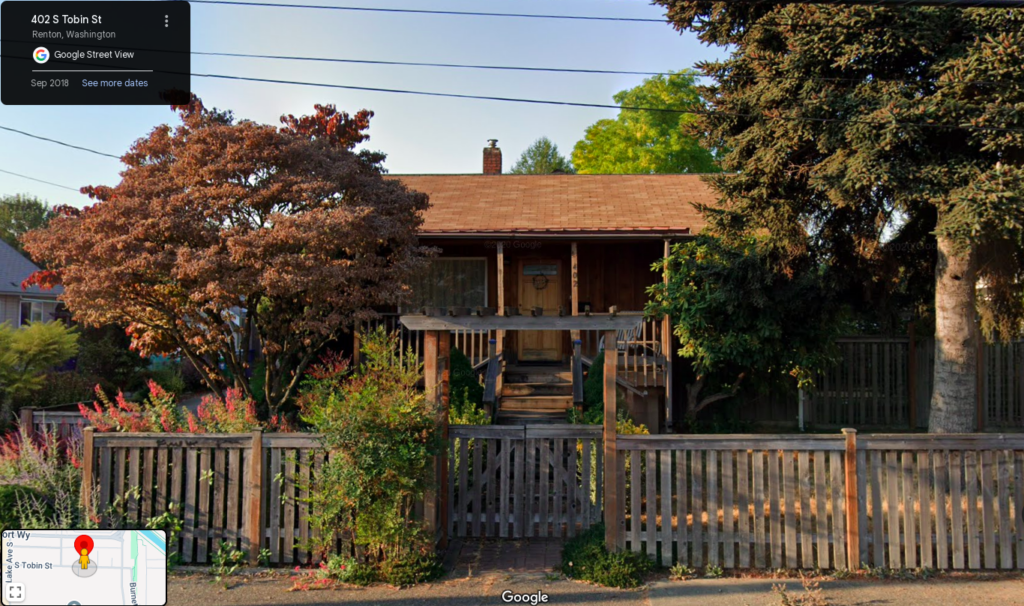
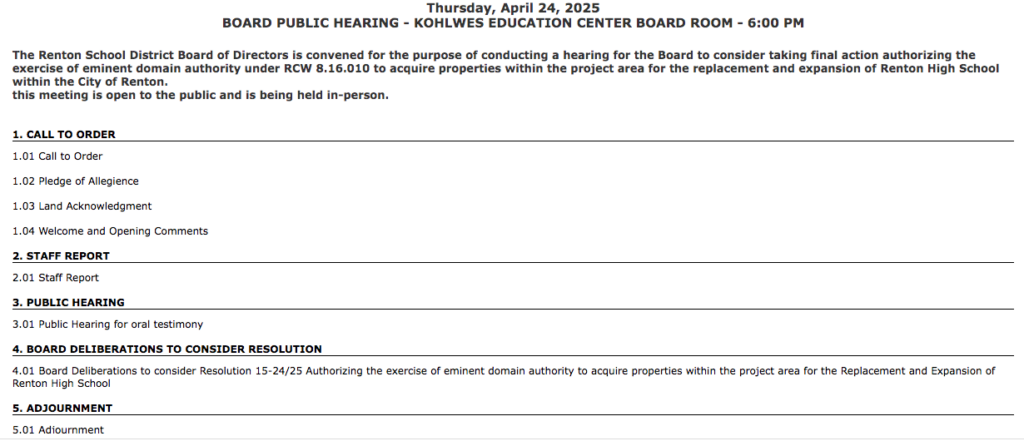
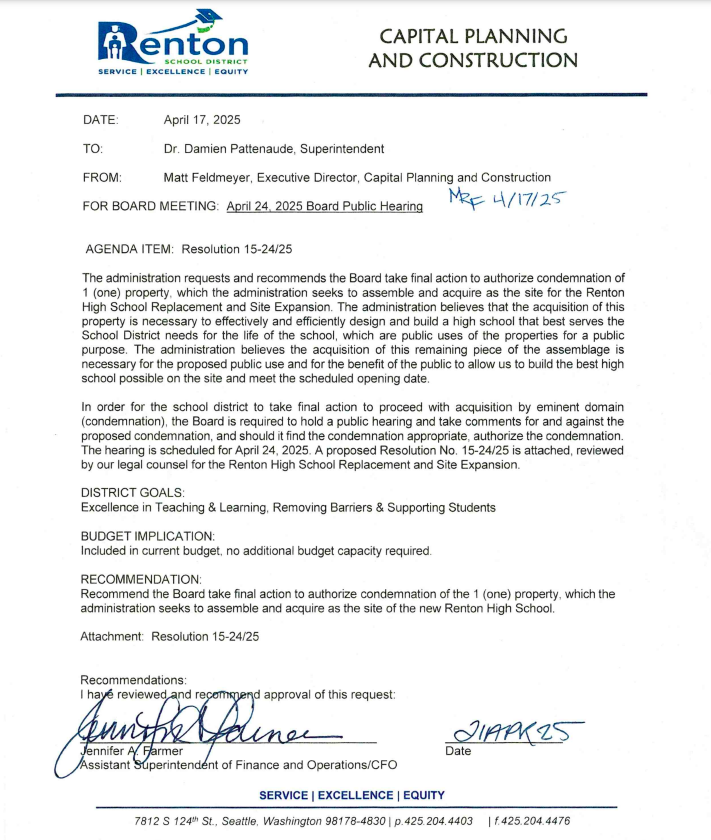
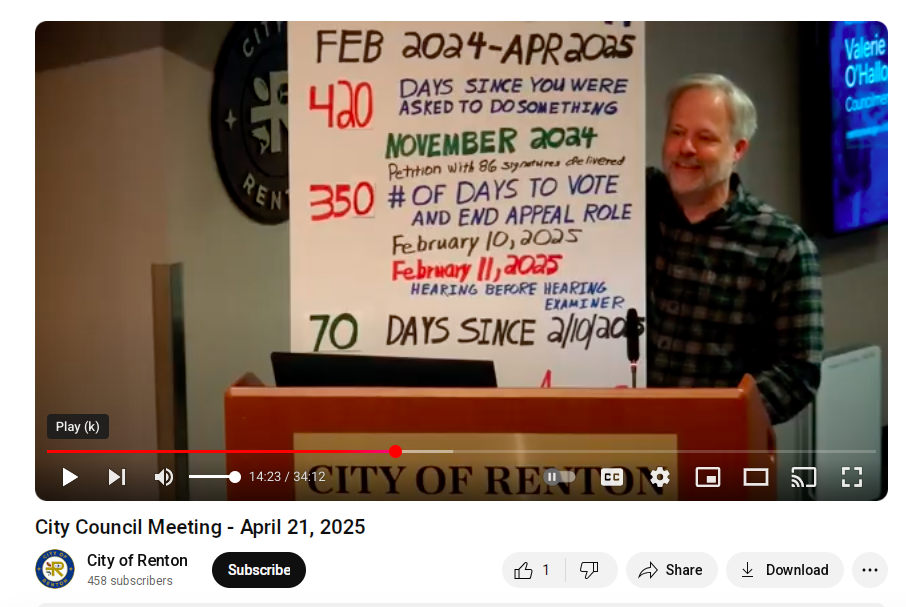
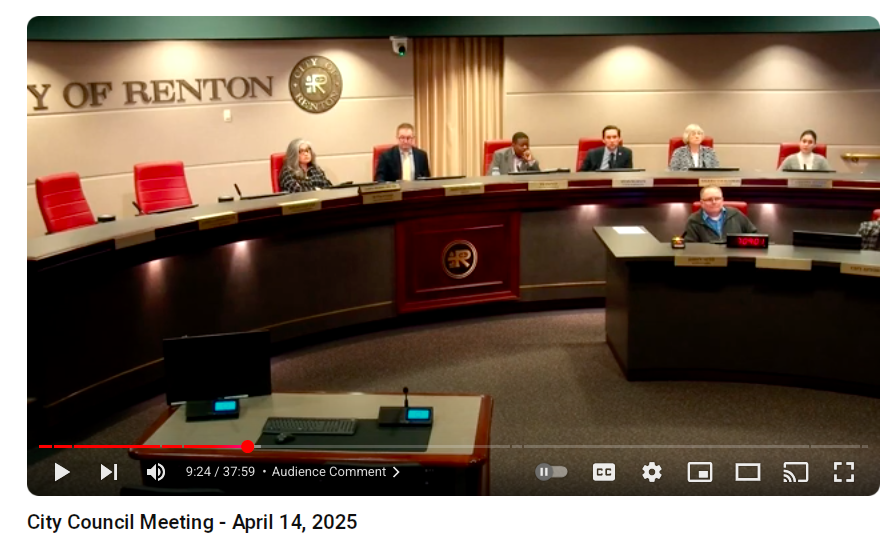

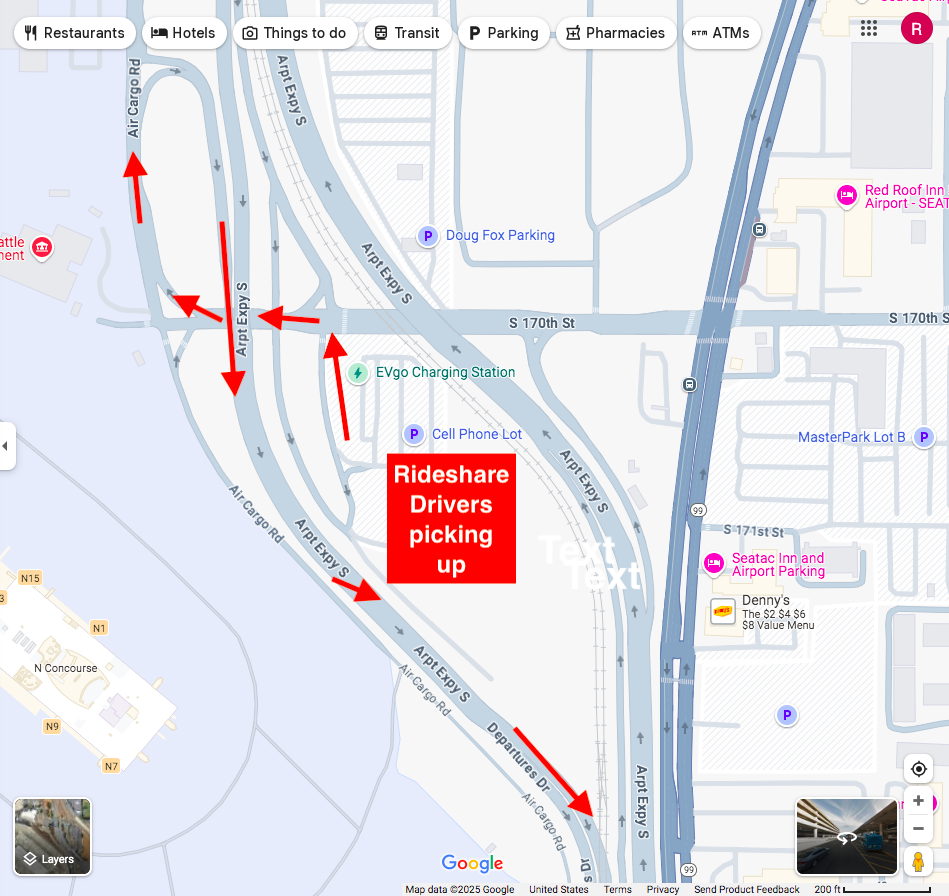
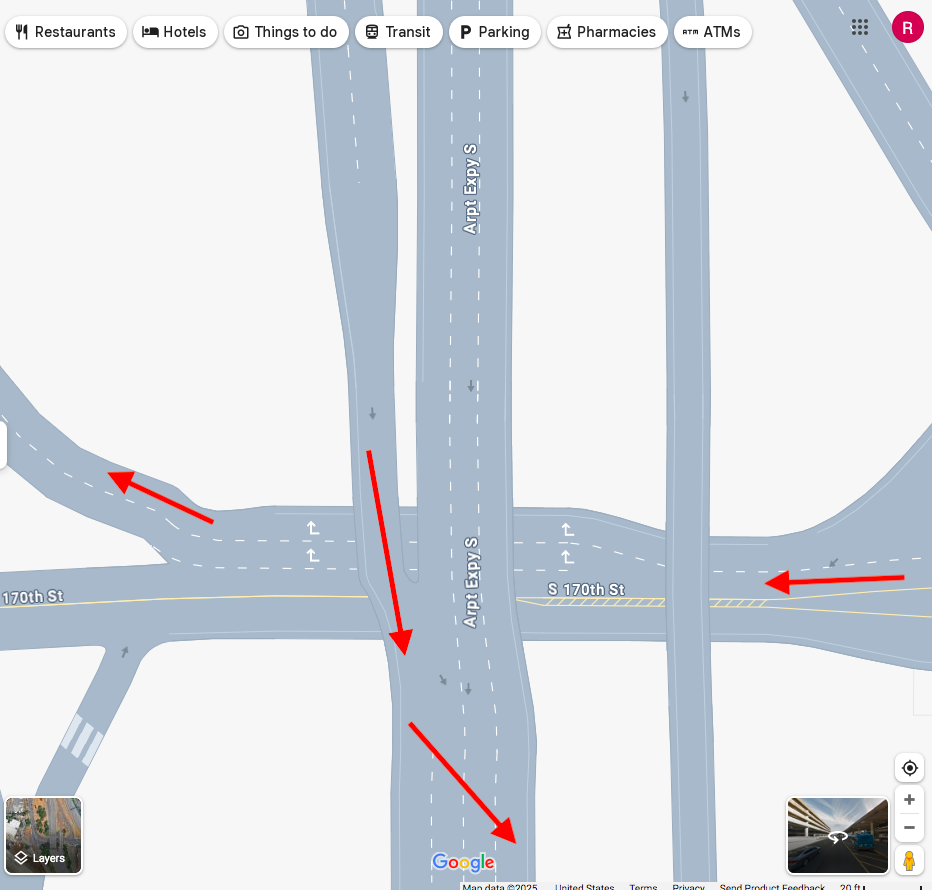
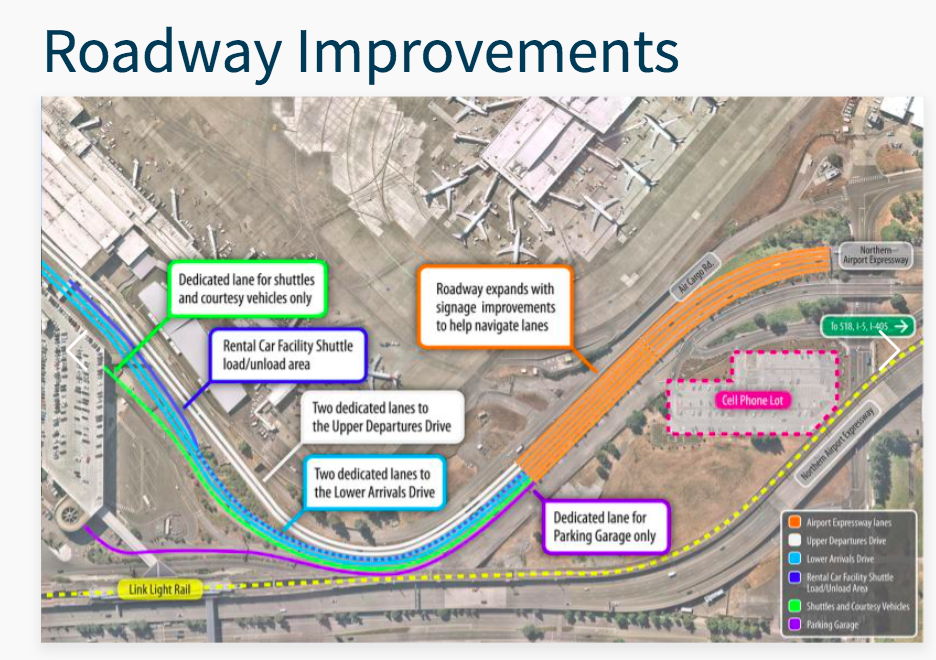
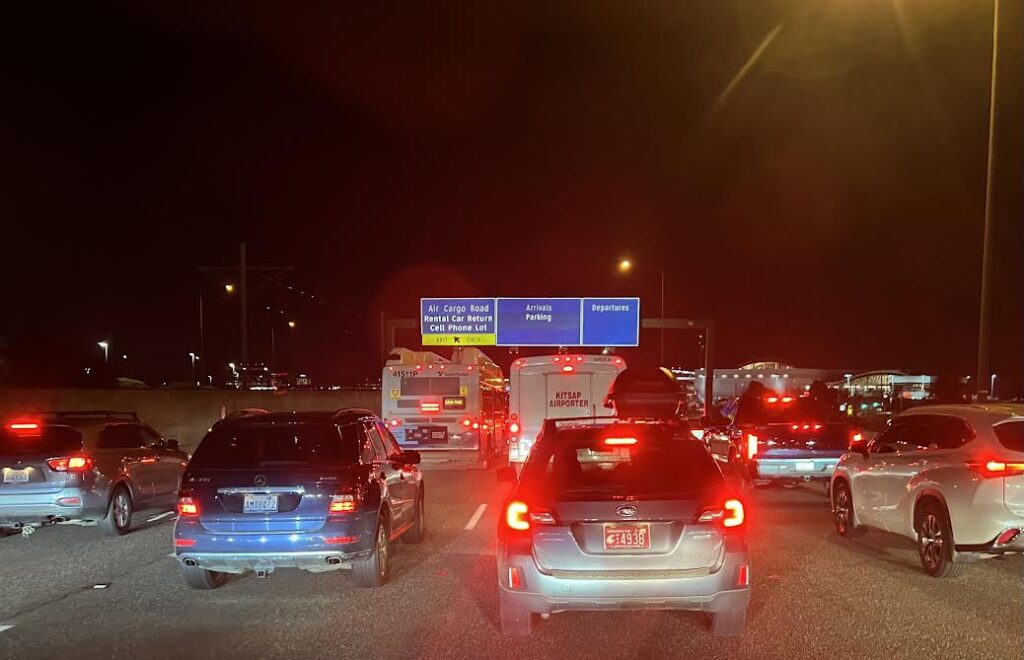
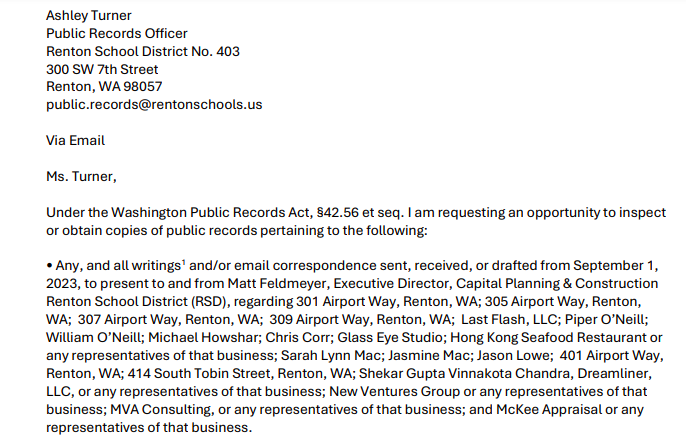

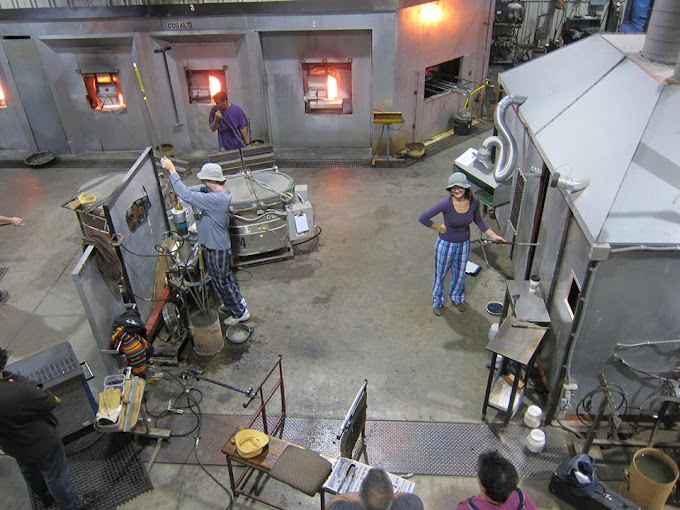

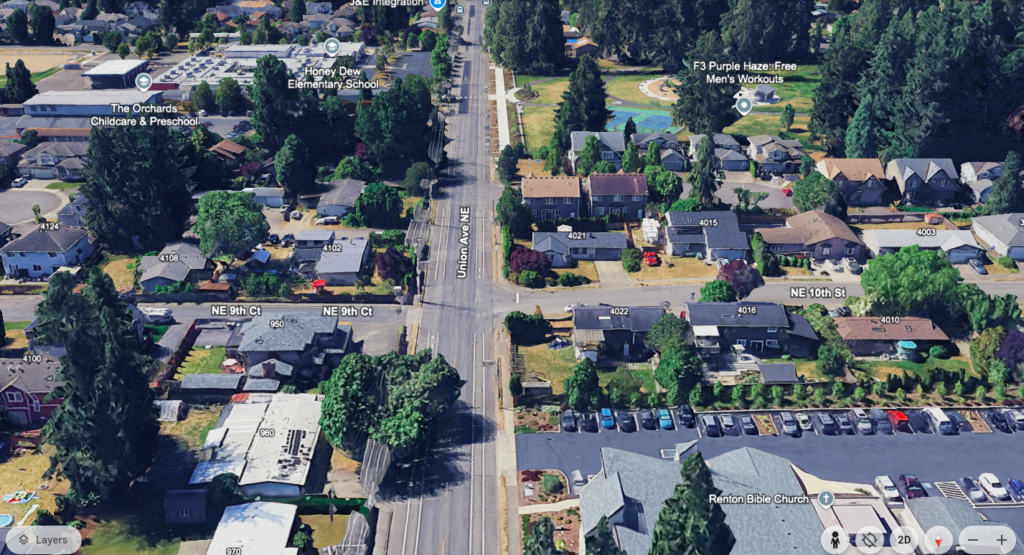
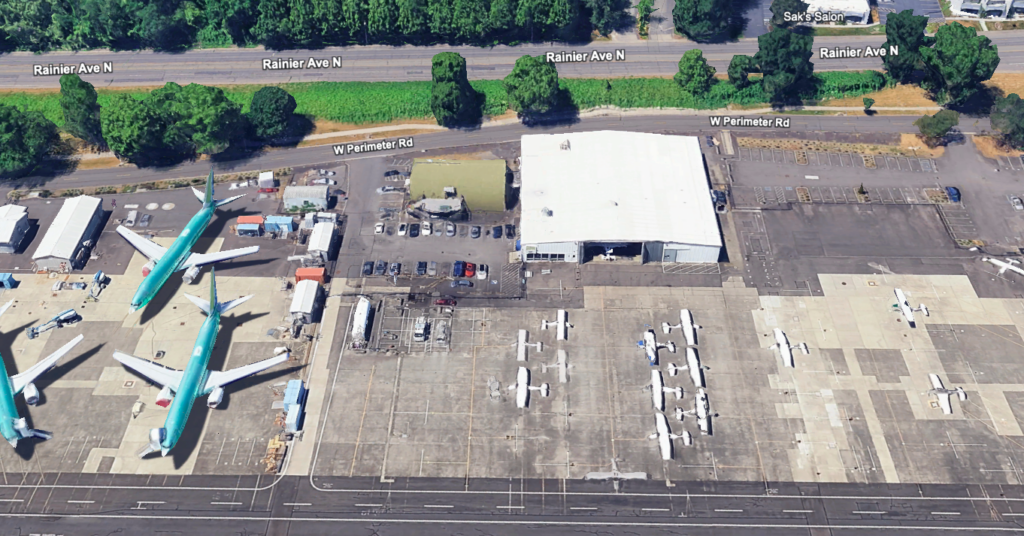
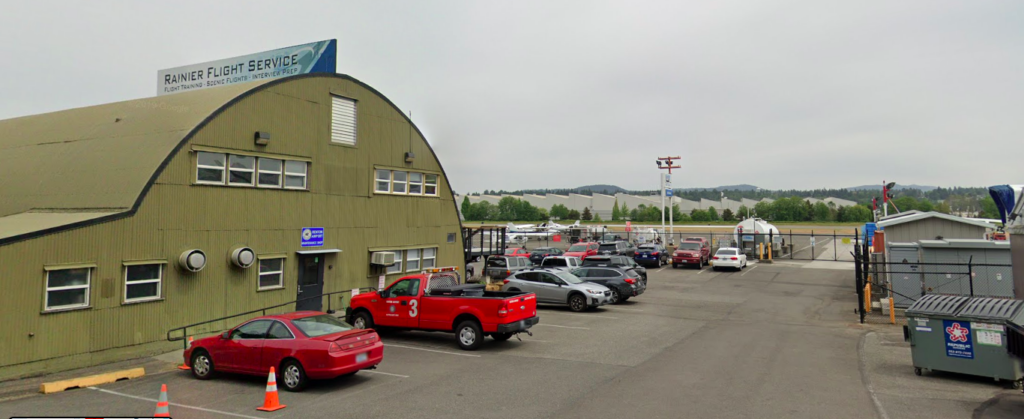
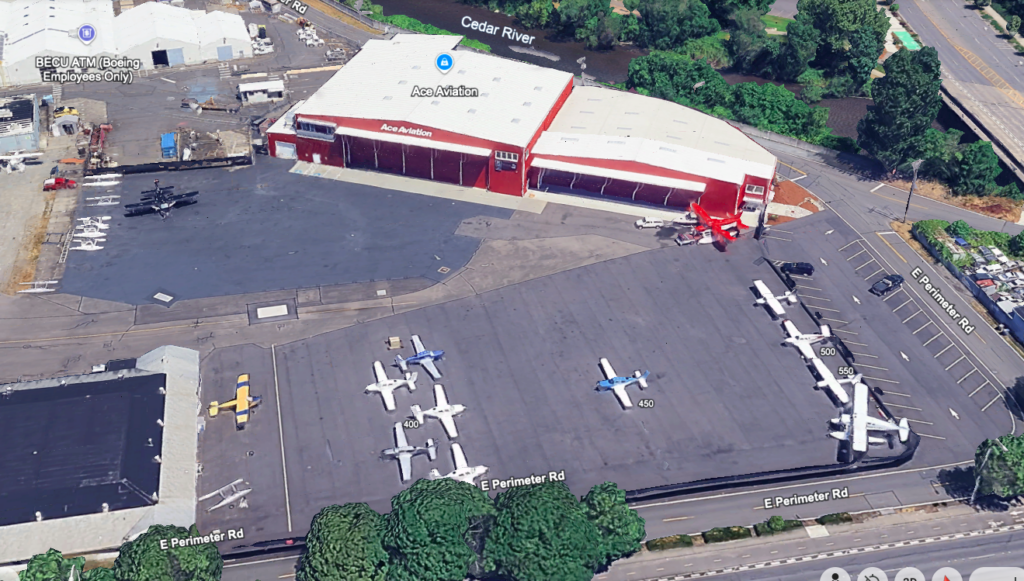
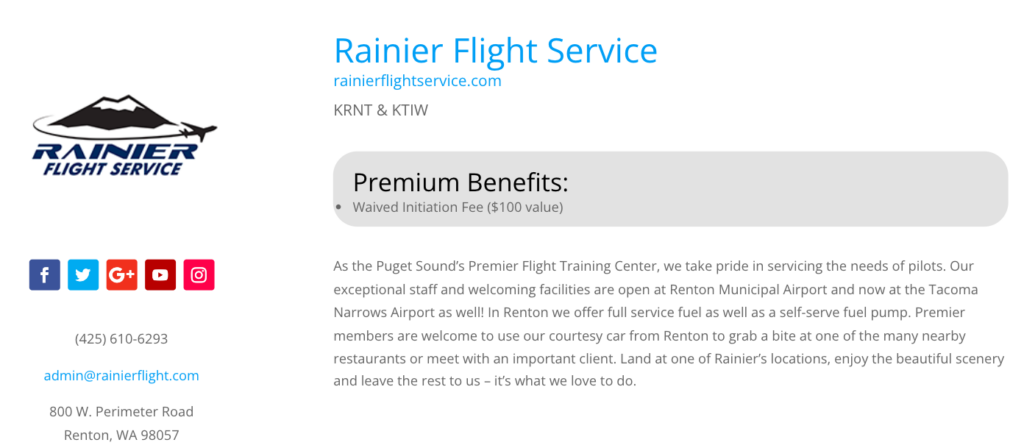
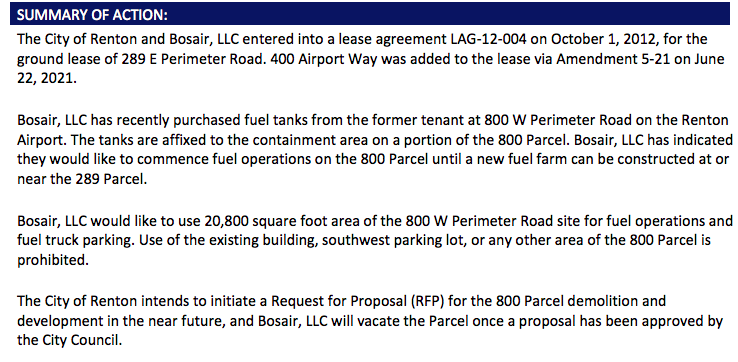


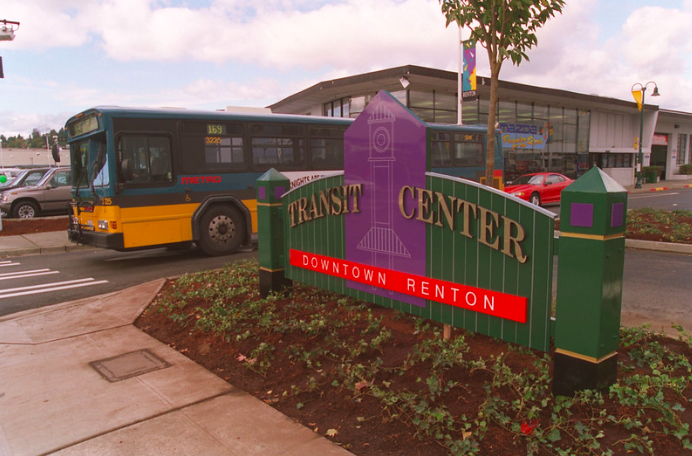
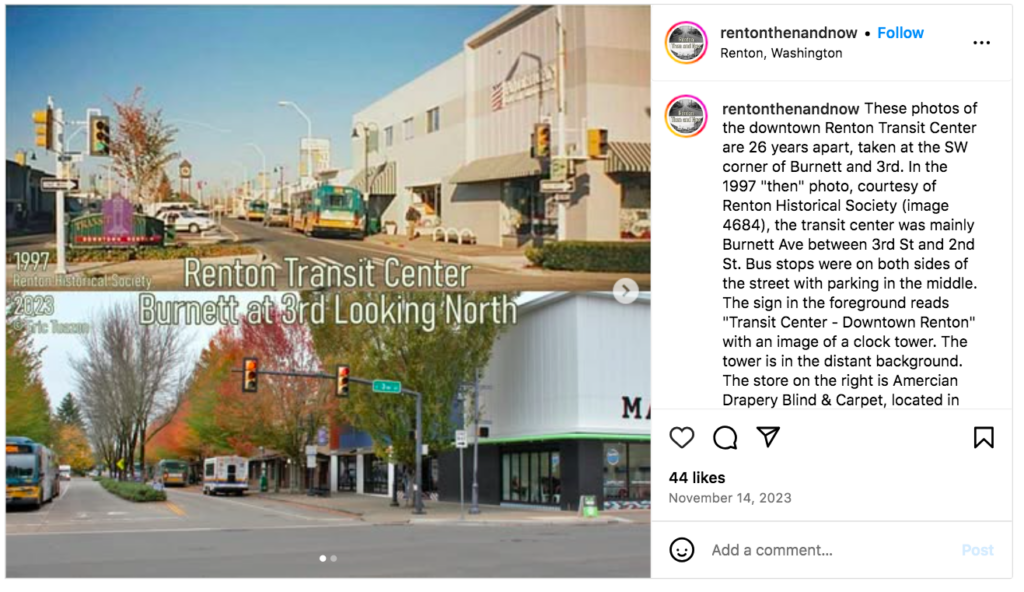


Recent Comments